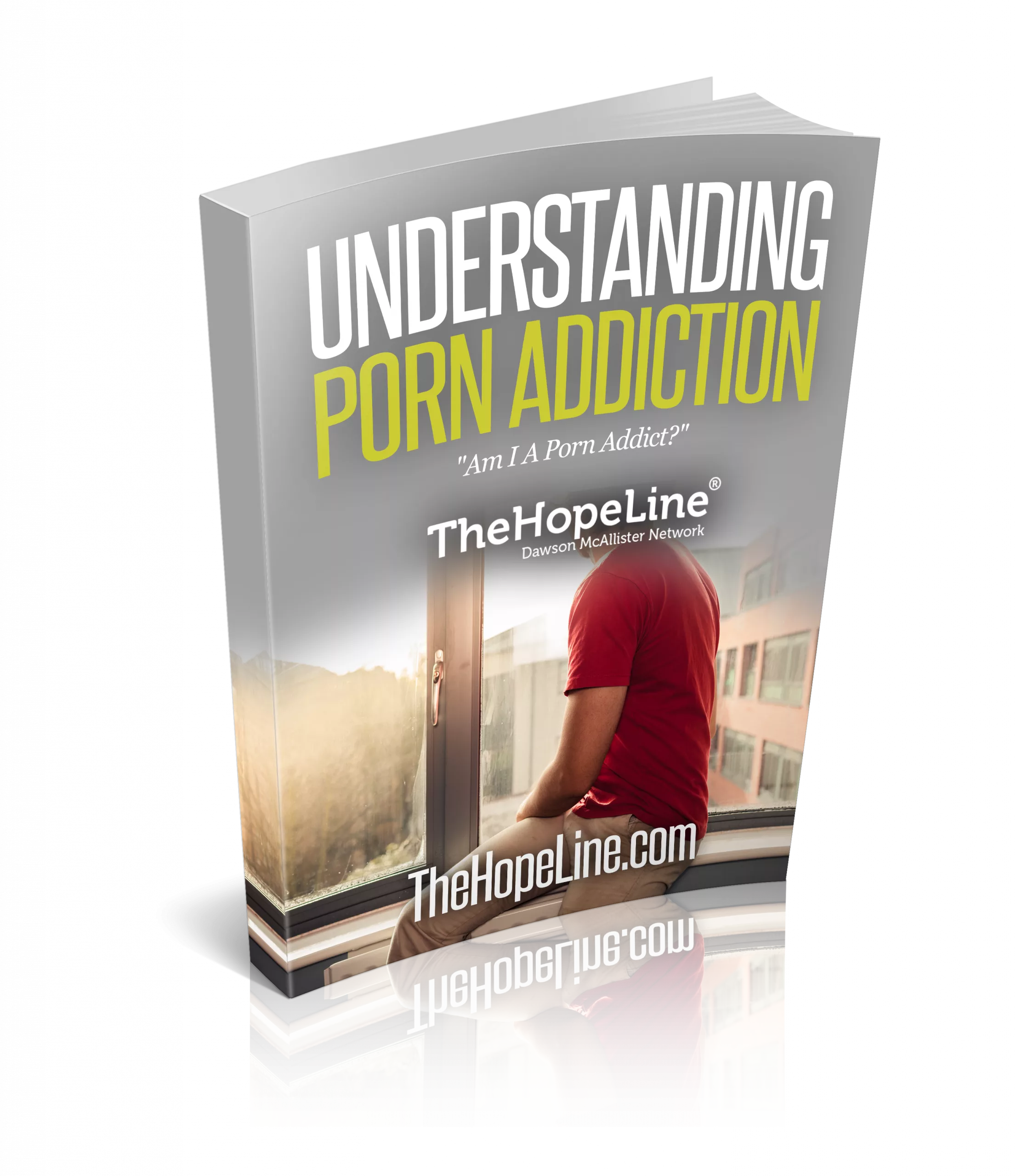Sexual Assault: Because masturbation is sometimes done to or in front of people before they consent to it or feel comfortable with it, it is sometimes tied to sexual assault and abuse.
Important Note: If you decide you do not want to masturbate or to watch someone else masturbate, let the person you’re with know your decision. If they still pressure you to masturbate, force you to watch them, or touch you sexually in any way without your consent, take steps to report them for sexual assault and get help right away. To reach your local Sexual Assault Hotline, call 800-656-HOPE (4673).







 Privacy Policy / Terms of Use
Privacy Policy / Terms of Use